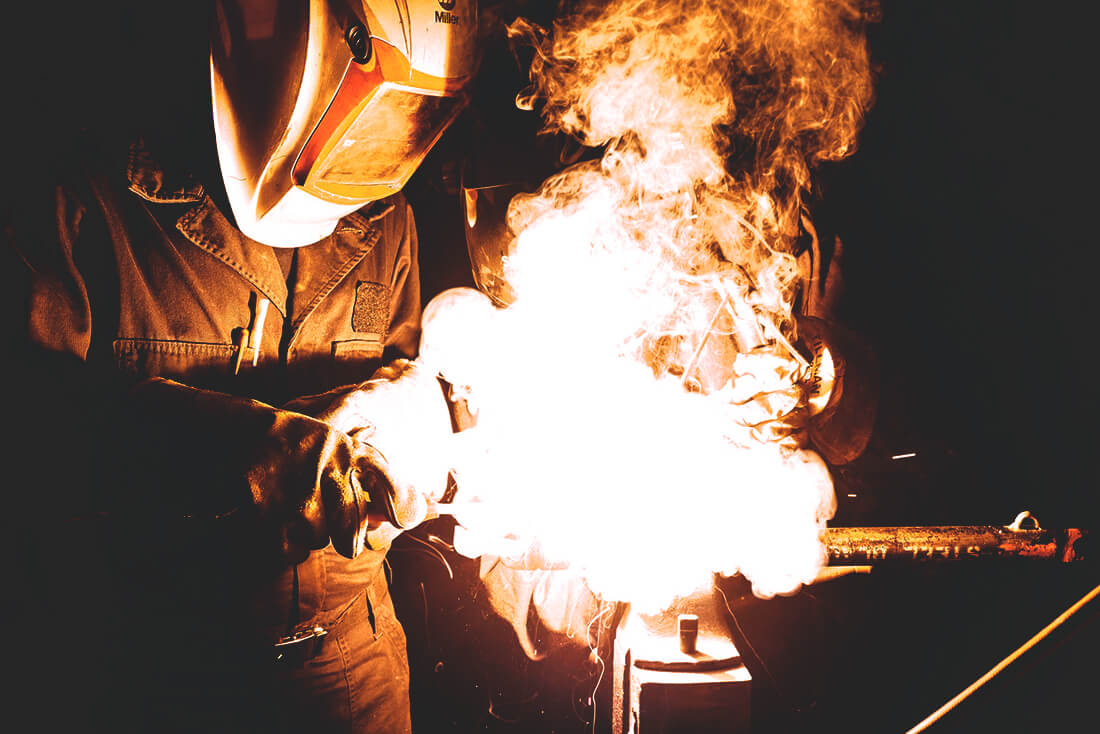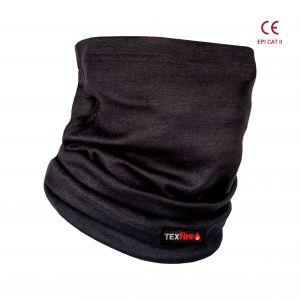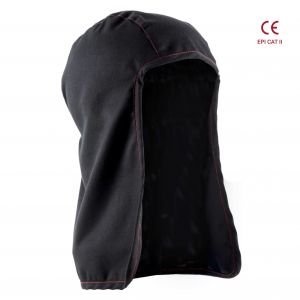Fires and explosions in welding: risks and preventive measures
by
The most common causes for fire and explosion risks that a worker could be subjected during welding jobs, could be:
- Welding sparks projections.
- Electric arc inherent from welding process.
- Manipulation and/or gas leaks (acetylene, oxygen, methane, propane, butane, hydrogen, etc.).
- Incorrect use of welding torches or any equipment, like pressure cuffs (compressors, etc.).
- Serious risk of non-consumed oxygen detachment, in oxicut operations in enclosed spaces.
Thus, it is necessary to have means to prevent and avoid risks and disasters, like:
- Collective protection: Use of fire blankets for welding protection to avoid sparks falling over combustible materials.
- Third party protection: Use of protection screens and welding curtains to isolate and create working spaces safer and to protect third parties against this risk.
- Environment protection: Powder extinguishers and fire blankets, have their application in case of fires as active elements against fire.
- Cleansing maintenance: This is an aspect of care before, during and after the job, revising after the welding operation to see if there are no spark incandescent particles that could start a fire.

Texfire offers a flame retardant range oriented to welding protection that includes:
1. Fire blankets, in three levels of protection, according to temperature, distance and welding technique worked.
2. Welding protection screens.
3. Flame retardant accessories for individual protection, like:
- Flame retardant welder bandana.
- Apron for welders.
- Pillow for welders, flame retardant, impermeable and slip-resistant thought to ease welders a higher comfort when working in uncomfortable positions.





